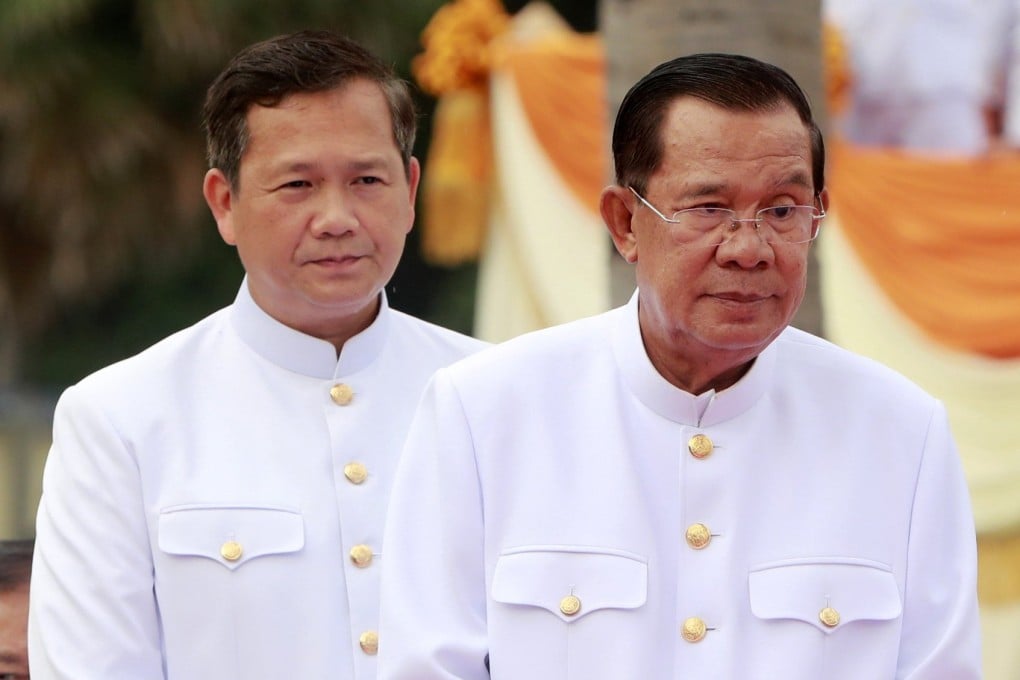Cambodia’s tougher ban on genocide denial: ‘another tool to silence dissent’?
Critics fear the move to further criminalise denial of the Khmer Rouge’s horrors will stifle opposition to Hun Sen’s dynasty

Enacted last month ahead of Thursday’s 50th anniversary of the Khmer Rouge seizing the capital Phnom Penh, the law threatens hefty jail sentences and fines for anyone who denies the genocide that killed around 2 million people between 1975 and 1979.
The atrocities committed by the Khmer Rouge are widely accepted by Cambodians, apart from a dwindling group of ageing former cadres and soldiers who live mostly in the remote northwest.
The hardline Maoist group led by “Brother Number One” Pol Pot reset the calendar to “Year Zero” on April 17, 1975 and emptied cities in a bid to create a pure agrarian society free of class, politics or capital.
About a quarter of the population died – of disease, starvation, overwork or by execution – in the disastrous social engineering experiment memorably chronicled by the 1984 Oscar-winning movie The Killing Fields.
